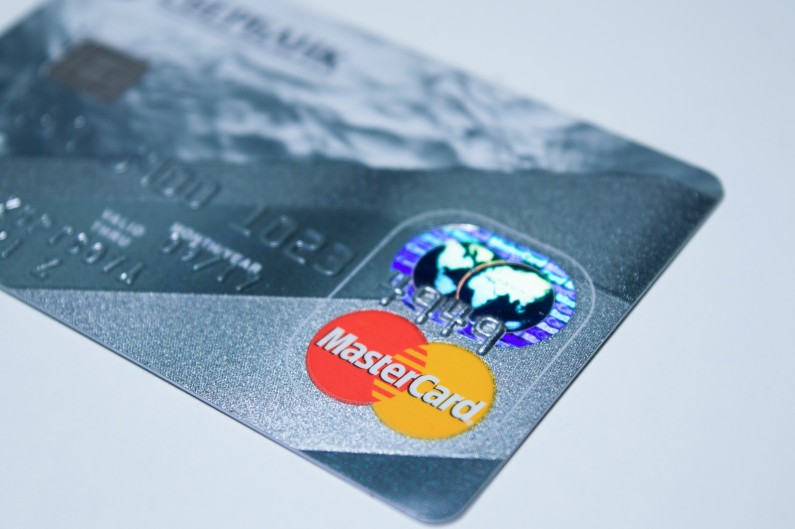Congratulations – you’ve just got yourself your very first credit card. But whether you’re 18 or 80, if you’re looking for advice on using your first credit card, we’ve got you covered. After all, we want to ensure that any credit cards we have are a financial asset, rather than a burden on your budget.
Pay off the balance in full and on time
This one is a biggie. When you receive your first credit card bill, you’re usually offered a choice: Pay off the debt or pay off the minimum amount. If you’re restricted by your budget, it can be tempting to opt for the minimum amount – after all, it’s cheaper than paying off the debt in full. But doing so is usually a big mistake, as interest rates means that postponing payment of the full amount is going to cost you more
Ignore those increasing credit limits
You’ve just received a letter from your bank – you’re such a model credit card holder that they’re increasing your credit limit; the amount you can spend on your card. It might sound good, but one thing some credit card users forget is that it’s a limit, not a goal. If you don’t need the extra money your bank’s offering, don’t use it
Avoid withdrawing cash
Never, ever use a credit card to withdraw cash from an ATM. It’s not financially sound. The fees and interest involved are so high that you end up paying more for your money. If you need cash in a dash, use your debit or cash card.
Leave it home if you have to
It’s nice knowing you’ve got a credit card in your purse or wallet. That means, if you’re in a bind, you’ve always got a financial get-out-of-jail-free card. Having said that, one of the mistakes plenty of us make is to take the credit card everywhere – and then use it. So, if you’re going out shopping or drinking with mates, leave your card at home and avoid the temptation to use it when you don’t need it.
Create a budget (and stick to it)
Creating a budget is good advice anyway – it means you can keep a real track of your incomings and outgoings without spending more than you can afford. It becomes even more important if you’re using a credit card for the first time, as you’ve now got access to a greater amount of money and you need to make sure you’re not over-spending. There are tons of apps out there to help you budget effectively, or you can go old school and set up a spreadsheet to keep a close eye on your money.
Don’t use more than one
If your credit rating’s looking good, you may be offered more than one credit card. The best advice here is to stick with a single card. You’ll be able to track your spending a lot easier, and it means you won’t be paying off more than one debt in one go. When you want another credit card, transfer the balance onto the new card, rather than maintaining two at once.
Ditch it if you hate it
Remember, you don’t need to have a credit card. If you find it’s causing havoc with your budget or you’re just not using it enough to justify having one, then get rid of it or don’t use it. Having said that, if you’re intent on managing your money, then there are certain benefits to holding a credit card – for instance, it can improve your credit rating if you pay off the balances, and it’s nice to know you have a financial safety net.

